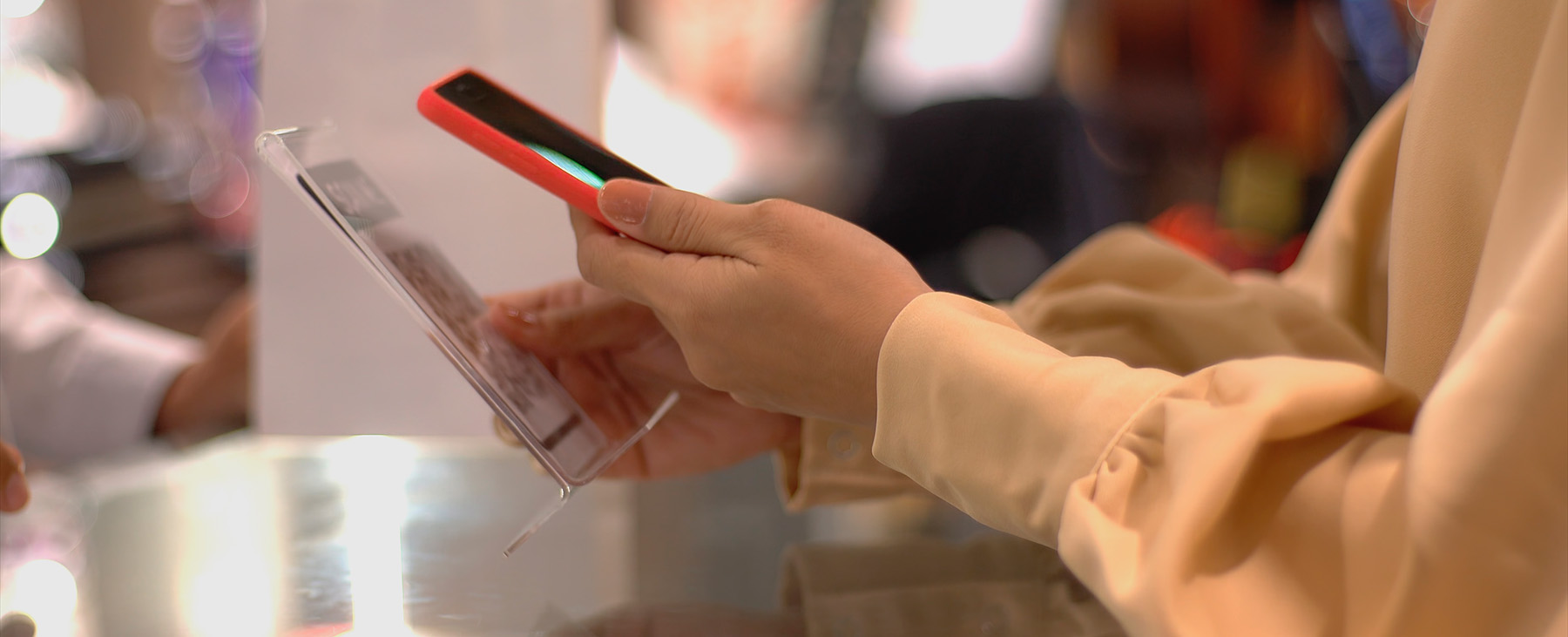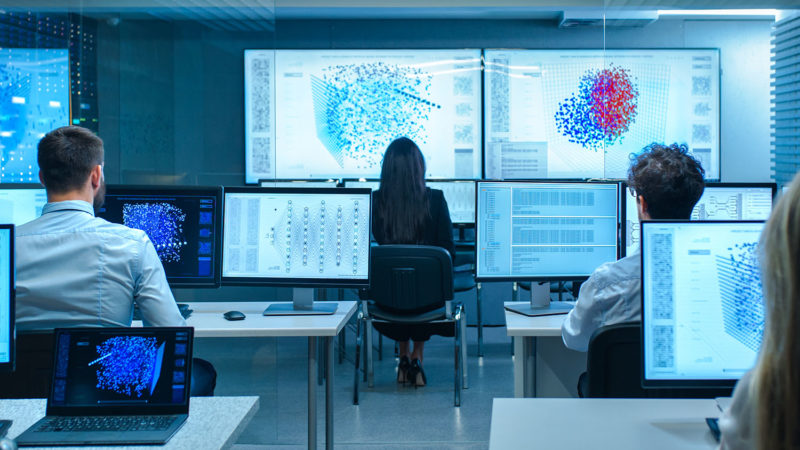

Are we ready for the shift to a digital world?
The acceleration of digitalisation, precipitated by the pandemic, has only confirmed the inevitability of the digital transformation of our society. A technological revolution that has changed the way we work, shop, study and communicate, but which calls into question aspects linked to personal relationships.
In an interconnected world where the Internet, social networks and telematic tools have radically changed the way we communicate, we have become accustomed to talking in front of a screen, resolving the most trivial matters of our daily lives while sitting on the sofa, shopping from bed and working in our pyjamas.
Electronic communication has increased the ability of people to interact with each other and allows us to achieve unprecedented productivity and efficiency, both at the corporate and individual levels. The rise of teleworking has meant a positive change for many people, especially for those who have experienced an improved work-life balance. Also, for digital natives who have become digital nomads who have made the world their office.
The normalisation of the coexistence between people and artificial intelligence has allowed us to streamline interactions with the administration, digital commerce establishments and financial institutions. It is no longer necessary to queue at a physical branch of a bank, an insurance company, or the Job Center, we can do practically all the formalities from our mobile phones. Likewise, many new jobs have emerged based on digital technologies that were unthinkable only a few years ago.
The importance of physical interaction
Despite the undeniable progress that the digital transformation of our society has brought about, the reality of this revolution is not as idyllic as some would like to portray it. The physical absence, intrinsic to the digital world, presents challenges in terms of empathy between people accustomed to the anonymity of virtual spaces, personal interactions between employees, or the digital divide between the most vulnerable people and the rest of society.
The digital transformation has meant that the boundaries between the physical and digital worlds are becoming increasingly blurred. And, if we already have difficulties adapting to this paradigm shift, the boom of the metaverse, the Internet of Things, NFTs and artificial intelligence will bring us even closer to a semi-immersive virtual reality, which will leave a significant part of the population ‘out of the game’.
In this context, the need to comprehensively address the socio-technological changes that are defining and laying the foundations of the society of the future becomes evident. Not only to ensure that technology remains a positive force for progress, but also to prevent part of society from being left behind, or that immersion in the digital world castrates the essence of what defines us as people.
11Onze is the community fintech of Catalonia. Open an account by downloading the super app El Canut for Android or iOS and join the revolution!





Gràcies!
Gràcies, Joan!!!
Tinc tres comptes bancàries, 2 més “tradicionals” i 1 d’una coneguda fintech. Per a les més tradicionals sempre he hagut de contactar via telèfon, havent de cenyir-me als seus horaris – cosa que sovint és complicada amb la feina pel mig – i tenir paciència mentre sona la música d’espera, o em salten d’agent a agent. Els cops que he contactat amb la fintech sempre han sigut més àgils: fan servir un xat amb IA al que li pots plantejar la teva pregunta i on sovint se’t plantegen possibles solucions allà mateix. Si encara necessites ajuda d’un agent, aquest es connecta ràpidament per xat des d’on et pot donar suport.
És una qüestió d’eficiència vs tracte personal. Per certes consultes molt probablement vulguis directament un agent amb qui poder-te comunicar via telèfon o videotrucada o fins i tot veure en una oficina.
Moltes gràcies pel teu comentari, Carles!!!
Evidentment anem cap a un món laboral digital. Personalment, prefereixo aquelles empreses que a mes a més de ser digitals, també pots contactar amb elles mitjançant trucada o videotrucada. El tracta no es tant fred.
Hi estic d’acord! La tecnologia pot ser una gran eina per apropar-nos si s’utilitza de forma eficient, gràcies per l’apunt Jordi. 😉
Totalment d’acord, molt encertat aquest article👏👏👏
Celebrem que t’hagi agradat, Jordi!!!
Gràcies
💛
Gràcies, Manel!😉
👍
👍
Gràcies, Manel!!!